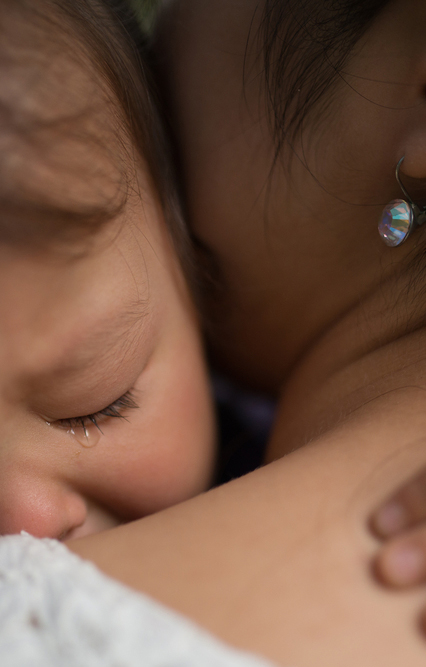Post Partum Depression
What is Postpartum Depression?
It is a combination of physical, emotional, and behavioral changes that a new mother experiences shortly after giving birth. It can commonly be mistaken for baby blues.
Giving birth is a wild rollercoaster ride of complex emotional, hormonal and psychological changes in a woman's body. Most women are left with a feeling of isolation, guilt, irritation, or sadness. If these feelings do not start to get better 2-3 weeks after childbirth, chances are you are suffering from Postpartum Depression or PPD.
What are the common symptoms of Postpartum Depression?
- Difficulty bonding with the baby
- Thoughts of suicide or hurting someone else
- Irritated and angry all the time
- Constantly feeling guilty
- Tendency to withdraw from family, friends, and previously enjoyable activities
- Difficulty sleeping or severe fatigue
- Feeling worthless or helpless
“22% of new mothers in India suffer from postpartum depression”
Difference between Postpartum Depression and baby blues?
- Baby Blues
- Typically begins two or three days after delivery and can last up to two weeks.
- Symptoms may include crying, trouble sleeping, mood swings, or sadness.
- Symptoms may not be very severe and may start fading in 5-6 days
- Postpartum Depression
- Symptoms may begin in the first few weeks after giving birth or earlier during pregnancy
- May last for up to a year or even more
- Symptoms for PPD are more severe as compared to baby blues
Risk factors of Postpartum Depression
- History of depression, personally or in family
- Unplanned or unwanted pregnancy
- Postpartum depression from a previous pregnancy
- Stressful events (financial problems, illness, family issues, etc.)
- Lack of support system during pregnancy
How to prepare
- Educate yourself on maternal mental health from certified care providers.
- Communicate with your partner and be honest about your feelings.
- Talk to your care provider early about your concerns.
- Define your support system (family, friends, community, etc.)
Managing PPD
- Consult with a professional therapist or psychiatrist with whom you can communicate.
- Communicate with people who you can trust openly.
- Prioritize exercise, sleep, and a healthy diet, even if it’s challenging.
- Make time to relax and do things that make you happy.
- Align your feelings with your partner.

Our Health Experts for Post Partum Depression
We use cookies to provide you with our services at its optimum. To find out more about our use of cookies, please see our Privacy Policys. By continuing to browse our website, you agree to our use of cookies.



